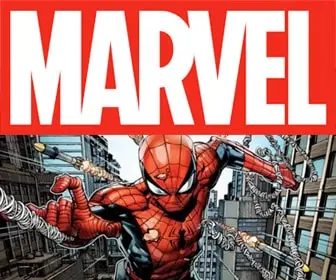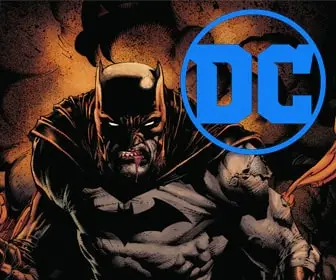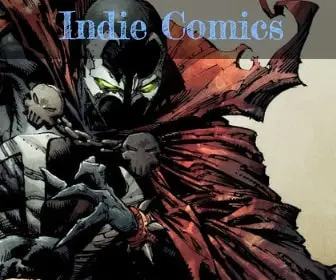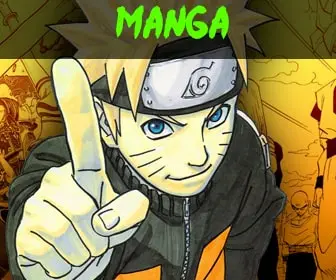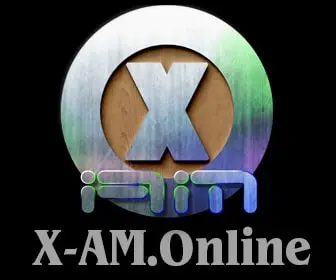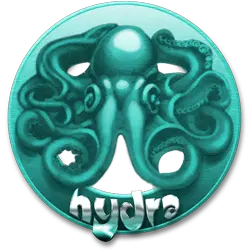
Unraveling the Complexity of “Code Geass”: A Tale of Rebellion, Morality, and Mechs
Anime fans are no strangers to complex narratives, but few series offer the level of intricate storytelling, character development, and moral questioning that “Code Geass: Lelouch of the Rebellion” provides. Originally airing in 2006, this iconic anime has captivated audiences with its alternate future setting, the Holy Britannian Empire, and the rebellion led by the enigmatic Lelouch vi Britannia. Let’s delve deeper into what makes this series a masterpiece in modern anime.

The World of “Code Geass”
Set in an alternate future where Britannia has established its rule over various parts of the world, including Japan—now known as Area 11—the series throws us into a realm of social hierarchies, political complexity, and subjugation. This oppressive backdrop serves as the catalyst for the story’s protagonist, Lelouch, an exiled Britannian prince, to don the guise of “Zero” and initiate a rebellion against the empire.
The Geass: A Gift or a Curse?
At the heart of the series lies the “Geass,” a supernatural power bestowed upon Lelouch by a mysterious girl named C.C. This power allows him to command anyone to do anything, but only once, and only through direct eye contact. While it may seem like an ultimate weapon, the Geass raises questions about free will, the ethics of control, and the heavy burden of wielding such a power.
Characters: Shades of Gray
What sets “Code Geass” apart from other anime series is its commitment to character development. Lelouch, for instance, is not your conventional hero. He’s calculating, manipulative, and willing to make sacrifices for what he perceives as the greater good. But he’s also deeply empathetic, especially when it comes to his sister Nunnally. This complexity extends to other characters in the series as well, making it hard to categorize them as simply “good” or “evil.”
The Rebellion: More than Meets the Eye
Although the series features exhilarating mecha battles, behind the spectacle lies a deeper narrative about revolution and the individual’s role within it. Lelouch’s rebellion is not just an uprising against Britannia; it’s a quest for justice, an exploration of ideological conflicts, and a critique of authoritarian rule.
Morality and Consequence
“Code Geass” forces viewers to ponder difficult questions about the ethics of rebellion, the consequences of one’s actions, and the blurry lines between right and wrong. Through its intricate plot and complex characters, the series challenges its audience to consider the moral complexities involved in warfare, governance, and the quest for liberation.
Denouement
In the end, “Code Geass” is more than just an anime—it’s a philosophical journey that encourages viewers to engage with deep ethical and political questions, all while providing a gripping story and stunning visual experience. It serves as a benchmark for what anime can achieve in terms of narrative complexity and character depth. If you haven’t watched it yet, now is the perfect time to delve into this unforgettable tale of rebellion, morality, and the human condition.




